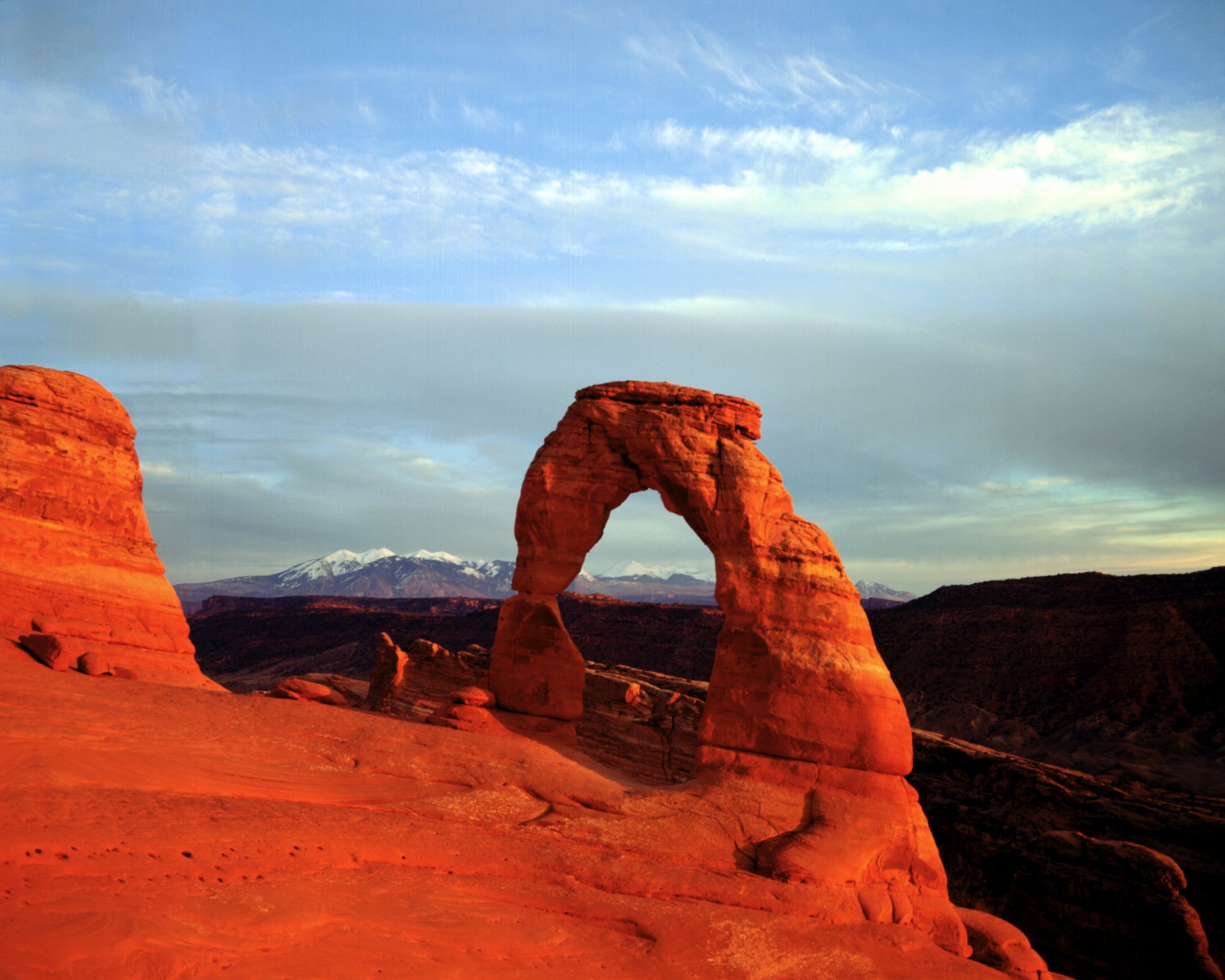
On the Fourth of July, as we once more read the stirring words of the Declaration of Independence and celebrate the creation of a nation founded on the noble principle that every person has the inalienable right to “life, liberty and the pursuit of happiness,” we should also celebrate an idea born in the United States nearly a century later–a uniquely American idea, just as radical and just as profound.
Our national parks are more than a collection of jaw-dropping scenic wonders (the world’s greatest set of geysers, its biggest and tallest and oldest trees, its most famous canyon and so much more) where people can find recreation and spiritual renewal, inspiration and transcendence, and a closer connection to their land and their loved ones. The parks are the Declaration of Independence applied to the landscape. They are the belief in equality made manifest, stating for the first time in human history that a nation’s most magnificent places should no longer be the exclusive preserves of royalty or the rich; they should belong to everyone and for all time.
Theodore Roosevelt, the greatest conservationist President in our history, called the concept of the parks “noteworthy in its essential democracy … one of the best bits of national achievement which our people have to their credit.” The writer and historian Wallace Stegner was more succinct. He said it was “the best idea we ever had.”
One hundred years ago, as he was campaigning to persuade Congress to create an agency solely dedicated to protecting these national treasures, a farsighted businessman named Stephen Mather (who happened to be born on the Fourth of July) called the parks “vast schoolrooms of Americanism,” by which he meant that any citizen who visited one would come away from the experience prouder of the nation that made it possible. His effort–joined by a grand coalition that included schoolchildren and chambers of commerce, railroad companies and the General Federation of Women’s Clubs–finally paid off in 1916 with the law creating the National Park Service. Mather became its first director.
As it celebrates its centennial, the park service now oversees more than 400 sites–urban areas as well as majestic landscapes; shorelines and mountains as well as homes of writers, inventors and the birthplaces of Presidents; historic places that commemorate our proudest moments as a people as well as reminders of darker episodes that a truly great nation must never ignore or forget.
At the same time, America’s national-park idea has not only evolved and adjusted to our country’s needs, it has also spread beyond our borders to virtually every other nation in the world.
Like the vision of liberty expressed in our Declaration of Independence, the idea behind the national parks is both a promise–a lofty goal that we are still pursuing–and an obligation. It is a covenant that says it doesn’t matter whether your ancestors came over on the Mayflower or your parents just arrived in this country, whether you’re from a big city or a tiny town, whether your father owns a factory or your mother is a maid. You are the owner of some of the best seafront property this nation’s got, from magnificent waterfalls to stunning views of awesome mountains and breathtaking canyons. They belong to you.
And all that’s required of you in return is that you put it in your will, for your children, so that they can have it too. Hopefully, you won’t let it be sold off, you won’t let it be despoiled. Hopefully, you’ll take some time to go out and inspect this property that is yours and encourage Congress to provide for its proper maintenance. But that’s all you’ve got to do.
That’s a very good bargain. And that is one powerful idea.
Burns and Dayton are the creators of the PBS documentary and book The National Parks: America’s Best Idea
More Must-Reads From TIME
- The 100 Most Influential People of 2024
- The Revolution of Yulia Navalnaya
- 6 Compliments That Land Every Time
- What's the Deal With the Bitcoin Halving?
- If You're Dating Right Now , You're Brave: Column
- The AI That Could Heal a Divided Internet
- Fallout Is a Brilliant Model for the Future of Video Game Adaptations
- Want Weekly Recs on What to Watch, Read, and More? Sign Up for Worth Your Time
Contact us at letters@time.com